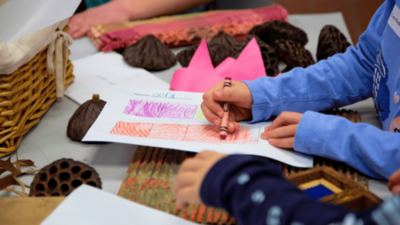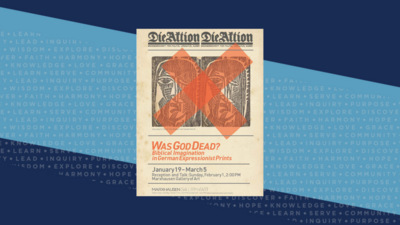How to Use a Planner in College

Chances are, you’ve used – or at least tried to use – a planner at some point in your life. Whether this was a result of your own choice or by the encouragement of a parent or teacher, it’s likely that you are at least somewhat familiar with what a planner is and its intended use. Some people really enjoy using them, have their assignments color-coded, and their days are scheduled down to the minute. For others, this isn’t the case. Being able to keep a planner in college is not only a useful skill to have, however; for many students, it is a vital part of their academic life. Therefore, as a talented – or at least consistent – user of a planner, these are my top tips for starting and sticking with your college planner.
Keep it close
It’s easy to forget to utilize a resource if it’s not nearby. When you’re packing your backpack to prepare for another day of school, include your planner. Having it with you as you travel from class to class will allow you to keep track of assignments while they are still fresh in your mind, as well as decide which ones require more immediate attention than others. Plus, you can always keep a daily schedule with you, which can come in handy if you have a special event or meeting on a given day.
Look at your syllabi early!
One of my most-used tricks for using a planner consistently is to look at my syllabi during – or even before – the first week of the semester and write down all the due dates that I have available to me. That way, I can look a few days or weeks ahead later in the semester and know what I have coming up. If I know I have a busy week soon, I can try to get extra homework done or start on a project ahead of time, all because my planner told me what was coming up.
Break bigger tasks down into smaller ones
It can be daunting to flip open your planner and find that the only objective that you’ve written down for a certain day says: “work on research paper.” Chances are, you’re not going to finish the paper that day; you’re just going to take some time to produce a few pages and end the night without being able to call a task “completed.” Sometimes, this can almost feel demoralizing. Breaking down these tasks into smaller, more manageable objectives can help you to feel less overwhelmed, more accomplished, and confident that you are on track. For example, instead of working on that research paper, you might be “narrowing down your source base,” “completing two body paragraphs,” or “compiling your citations” into one document.
Cross things off when you’re finished
One of the most satisfying parts of using a planner – or any paper to-do list, for that matter – is crossing tasks off as you finish them. Being able to feel the sense of accomplishment that comes with getting something done can be even better when it comes with the physical action of changing a “to-do” task to a “done” task. Plus, if you think of yourself as a visually-oriented person, being able to see the items that are still on your list can make it easier to know what you should work on.
Add other handy information
Sure, planners are great for keeping track of school assignments, but if that's where your use of them ends, they can be more of a burden when you consider how you’re keeping track of everything else that you might want to write down – appointments, important phone numbers, your calendar, etc. So turn your planner into a one-stop location for all the essential information that you need to organize. When it’s all in one place, it becomes easier not only to organize but also to locate the information you need when you need it.
Be consistent!
Last but not least, be consistent! No one can form a habit overnight, so don’t be discouraged if it takes some time to make using a planner one of yours. If you forget to use it one day, don’t give up; just try to remember it for the next day. And if it seems like it is more of a burden than a benefit, give it some more time, or reflect on how you can customize the experience to make it more convenient for you. Consider each of the previous tips and find ways to tailor them to suit your needs.
If you have a busy life, a planner can become your best friend, especially if you know how to utilize it effectively. Whether you are a seasoned planner user or just a beginner, improving your usage can prove an invaluable addition to your college experience.
Interested in studying at Concordia University, Nebraska? Learn more here.
Related Stories


